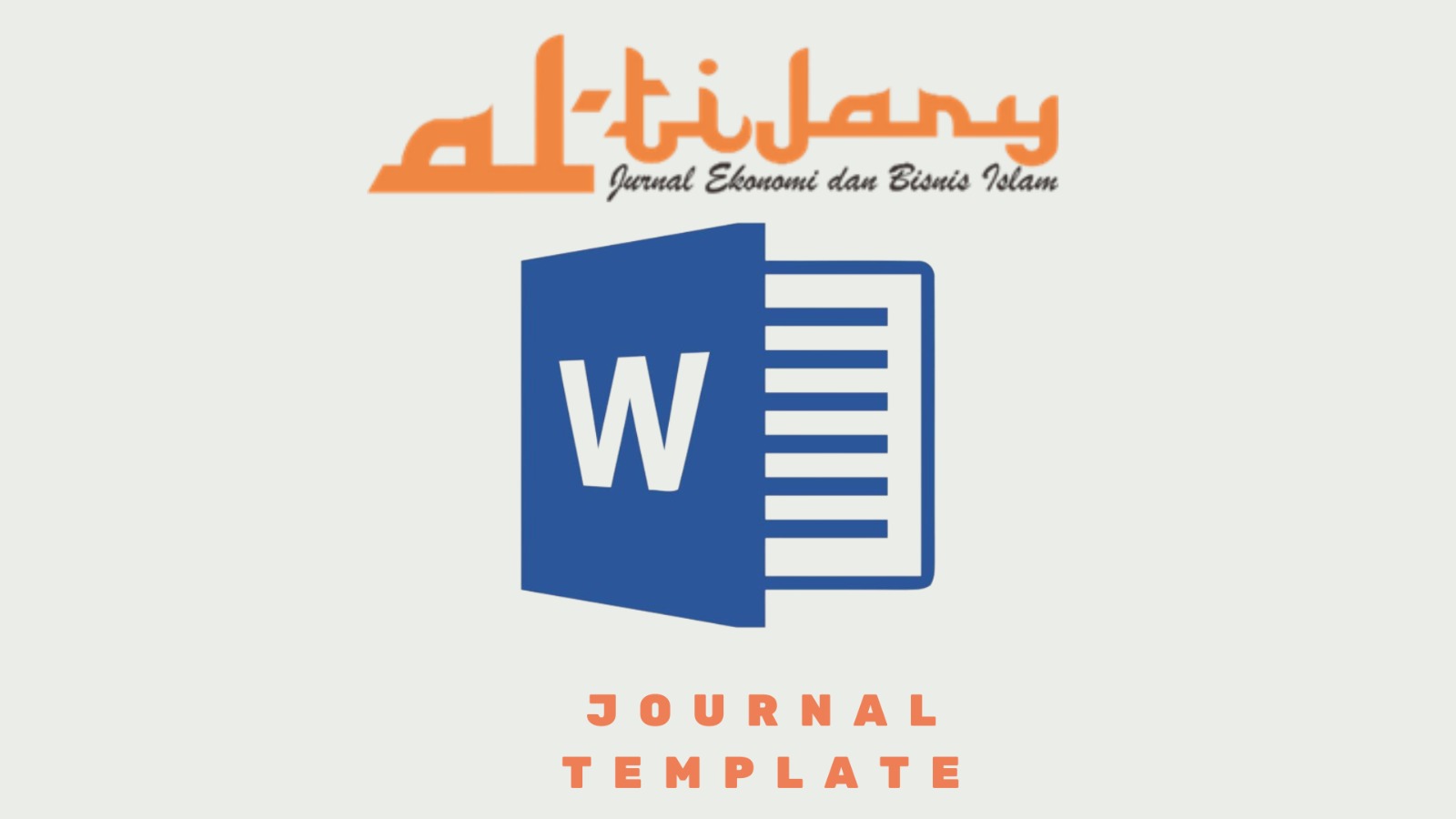The Role Of Islamic Microfinance Institutions In Promoting Development And Sustainability Agricultural Entrepreneurship Sector
Abstract
As one of the largest food-producing nations, Indonesia faces challenges in meeting domestic demand, making sustainability in agriculture a critical issue. One major hurdle is the limited financial resources available to farmers, underscoring the necessity for accessible microfinance. Islamic Microfinance Institutions (IMFIs) offer financing based on Islamic principles, providing unique opportunities to support farmers. This study explores the role of IMFIs in promoting development and sustainability in Indonesia’s agricultural sector. A qualitative approach was employed, and interviews with key stakeholders were conducted to assess IMFIs' contributions to addressing financial constraints and fostering sustainable practices. The findings highlight the potential of IMFIs in enhancing agricultural entrepreneurship and supporting the achievement of Sustainable Development Goals (SDGs). The research results state that IMFIs has great potential to revolutionize financing in the agricultural sector, advancing SDG 1 (no poverty), SDG 2 (no hunger), and SDG 12 (responsible consumption and production). This research aims to guide IMFIs and policymakers in implementing effective strategies for sustainable development in agriculture.
Copyright (c) 2024 Dhidhin Noer Ady Rahmanto

This work is licensed under a Creative Commons Attribution-NonCommercial 4.0 International License.







